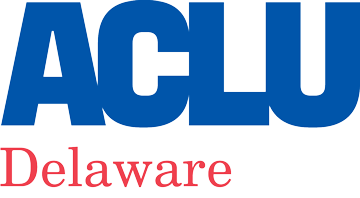Delaware Superintendents and School Board Members: End Suspensions for Minor Offenses
Kids need a chance to learn from their mistakes-- that's what school is all about. Missing school makes it harder for students to do well in class or on tests. Students who are suspended are more likely to be held back or drop out of school. And pushing troubled kids out of school can put them on a path to prison. [1]
Every year, thousands of students in Delaware public schools receive out-of-school suspensions for minor infractions— like being unprepared for or late to class, dress code violations, and disrespectful behavior. This response does not address the root causes of their behavior issues. It puts them further behind academically, leading to greater disciplinary problems down the road.
The Coalition for Fairness and Equity in Schools is working to end excessive and disparate discipline practices in Delaware. We support the implementation of proven restorative justice techniques that help to integrate challenging students back into their school communities before behavioral issues get out of hand. This is much more beneficial to the student than suspension, and it contributes to a healthier school climate for everyone.
Join the Coalition for Fairness and Equity in Schools in support of restorative justice for students. Tell Delaware superintendents and school board members: no suspensions for minor offenses! It's time to end the school-to-prison pipeline and promote disciplinary practices that really work.
[1] Civil Rights Project, “Are We Closing the School Discipline Gap?” (2015) . Council of State Governments Justice Center and The Public Policy Research Institute, Texas A&M University, “Breaking School Rules: A Statewide Study of How School Discipline Relates to Students’ Success and Juvenile Justice Involvement” (2011).
